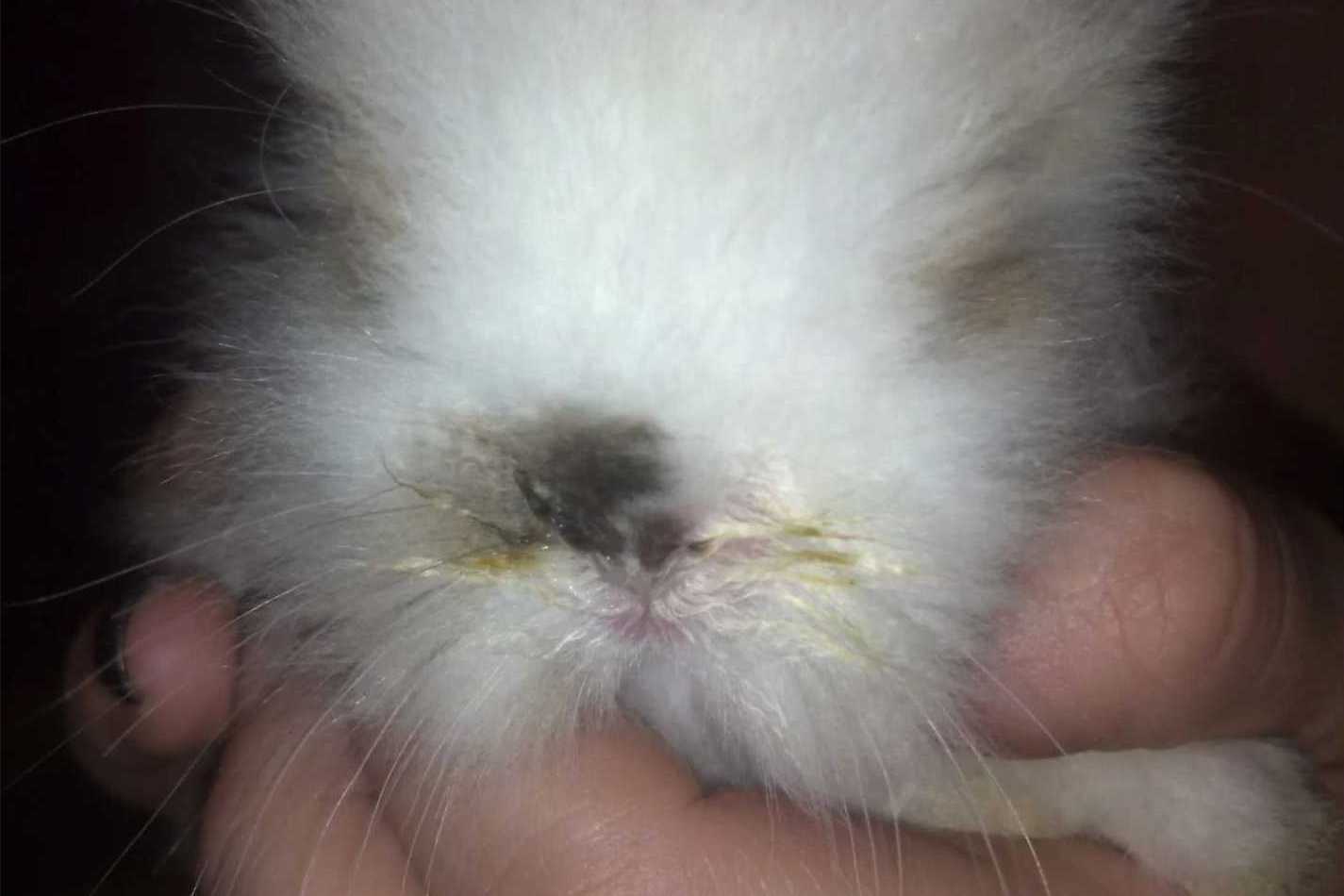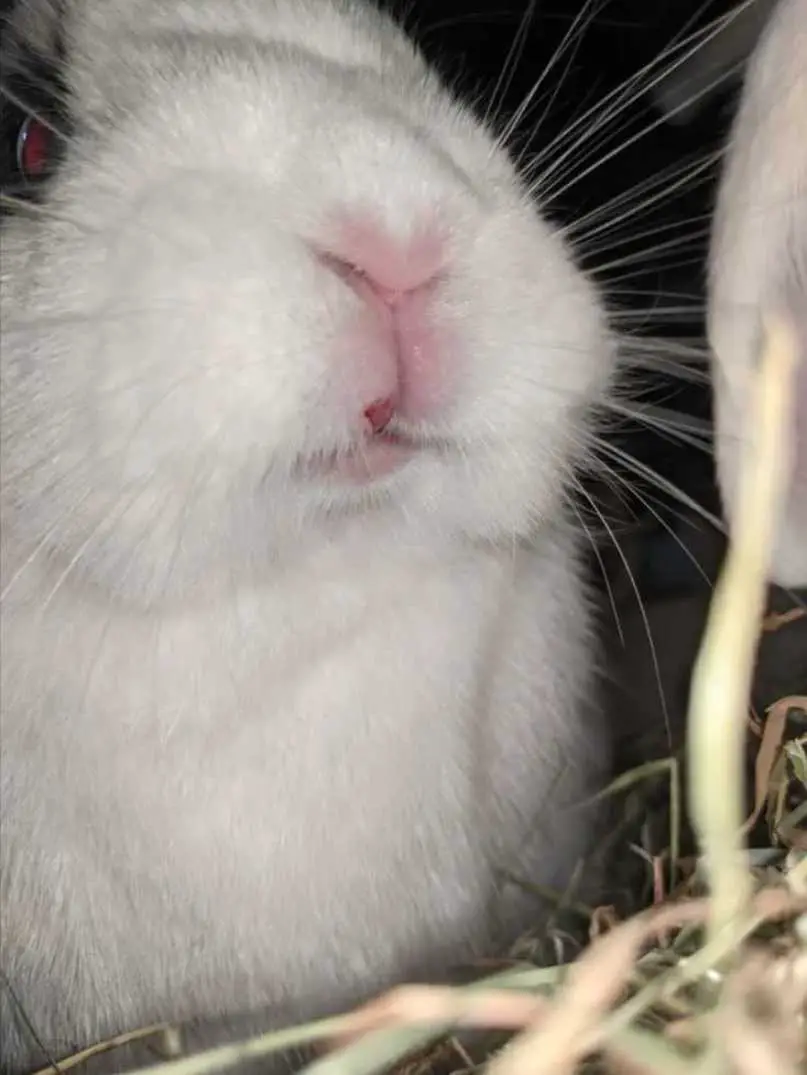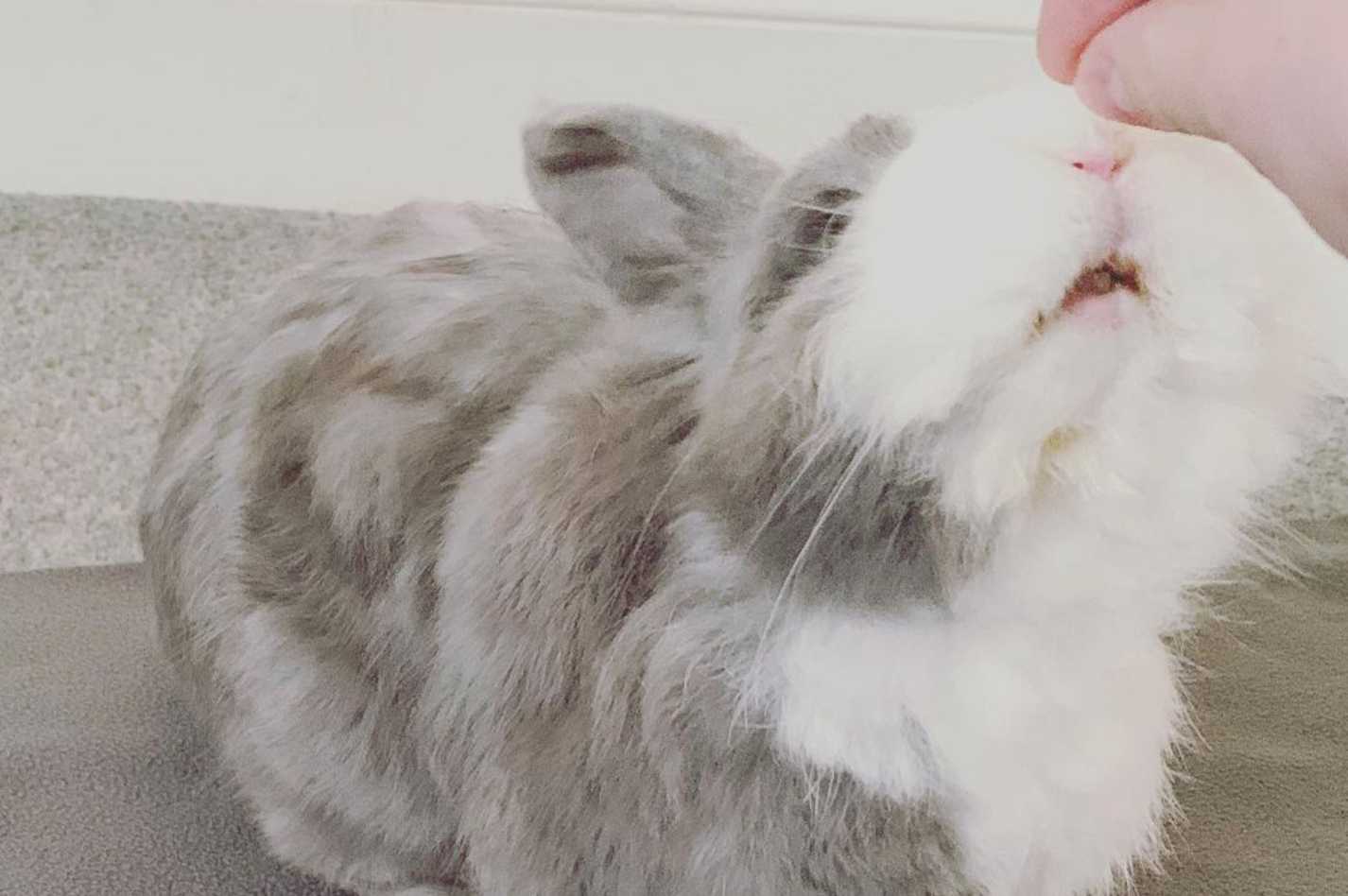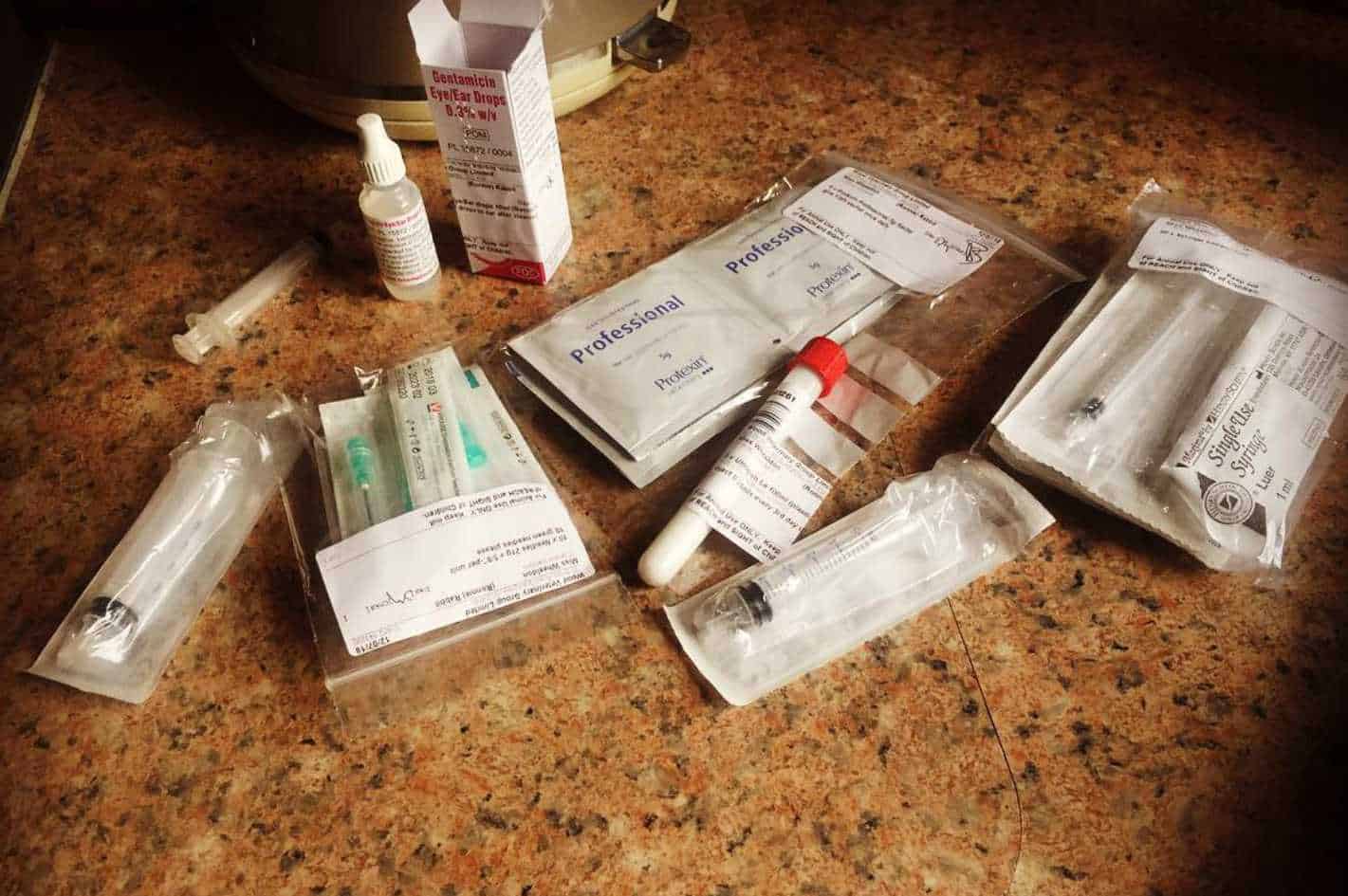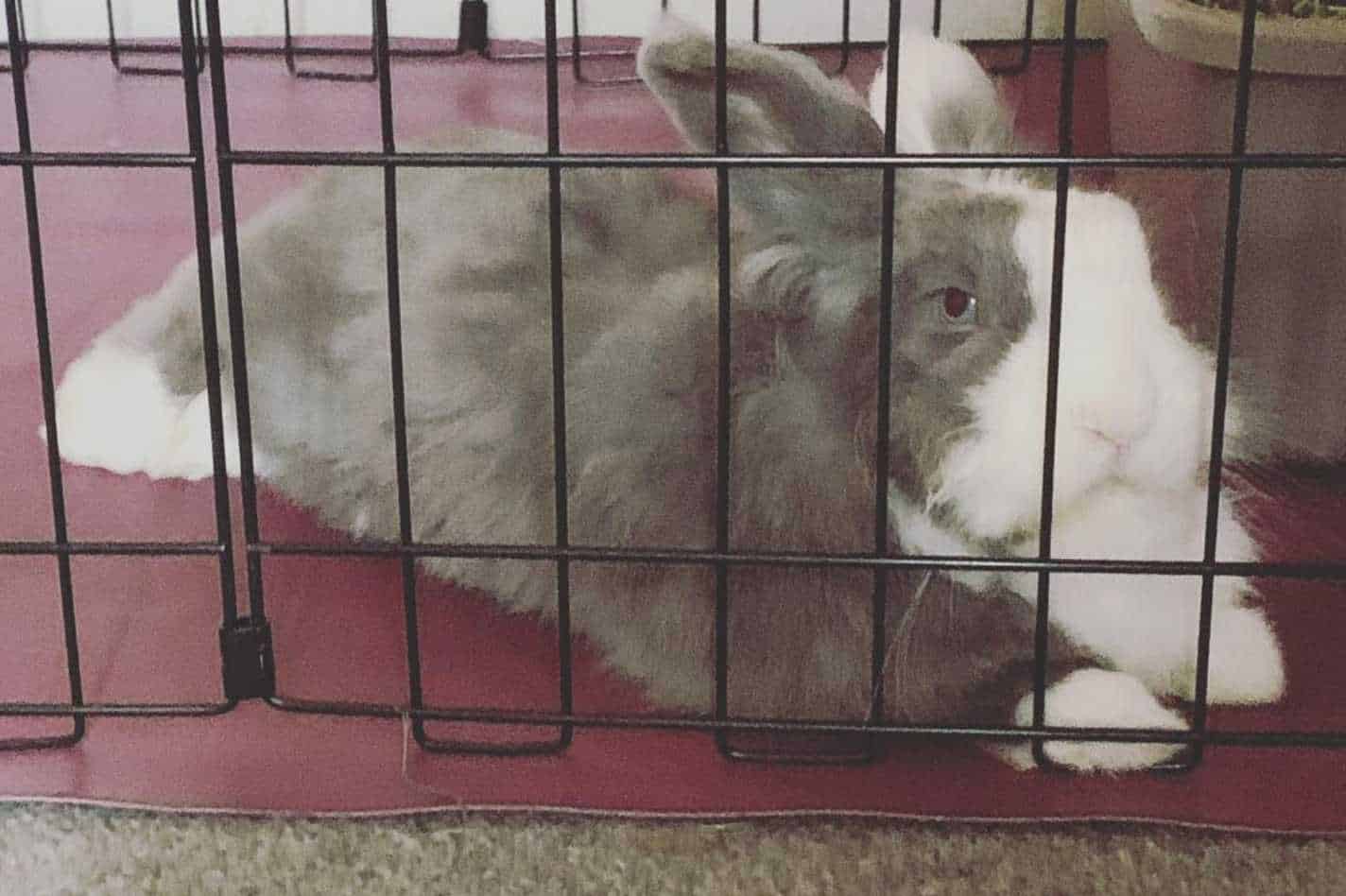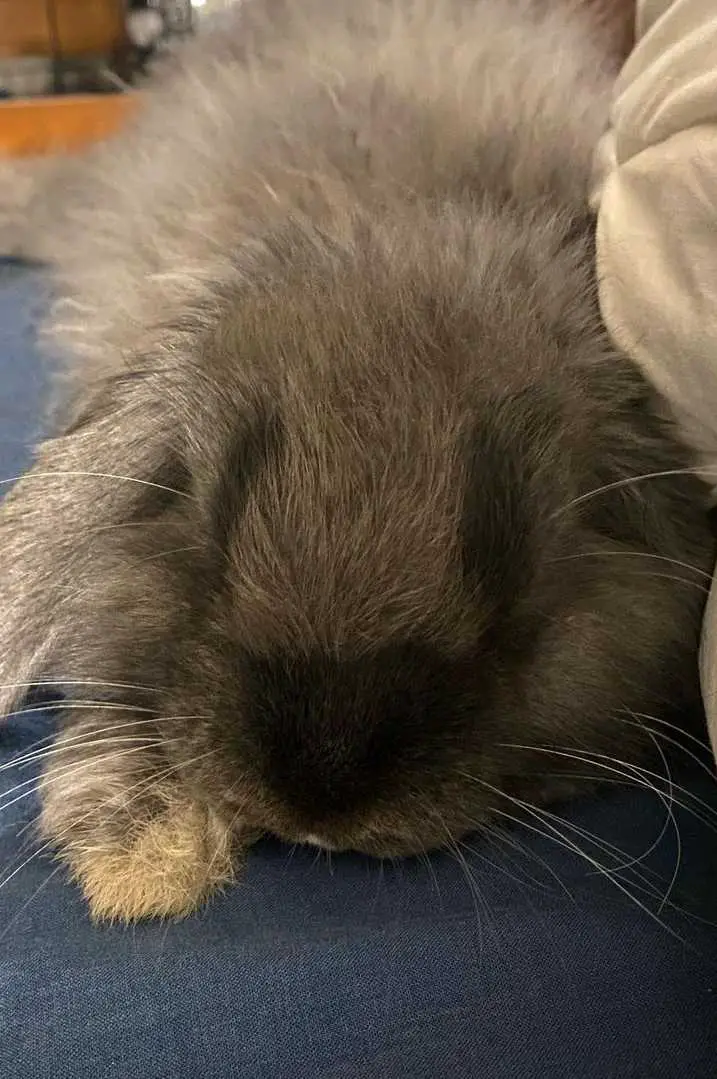All You Need to Know About
Caring for your rabbit entails monitoring their health and ensuring they are in tiptop shape. However, there may be times when your pet catches a disease and gets sick.
In this article, we’ll be discussing snuffles in rabbits: symptoms, causes, treatment recovery, cost, prevention. Knowing what to look out for can save your furry friend’s life.
What is Snuffles?
Snuffles or paranasal sinusitis affects a rabbit’s nose, eyes, skin, ears, and lungs. This common respiratory disease is often caused by the bacteria Pasteurella multocida, but there are occasions when other bacteria cause the disease as well.
This infection attacks the upper respiratory tract, including the nostrils, the nasal cavity, and the sinuses. Unlike the common cold for humans, snuffles are caused by bacteria and not viruses.
This disease causes distress to rabbits since they can’t breathe through their mouth. So, if their nasal passages are blocked, they would struggle for air. This initial condition may lead to other serious health issues that can gravely affect your rabbits.
Usually, rabbits with clinical signs such as skin infections, head tilt, or runny noses have snuffles. However, 10 percent of the rabbit population has it even if they show no symptoms.
What causes Snuffles?
Respiratory infections, such as Snuffles, are spread through dirty food bowls, direct contact with unhealthy rabbits, or sometimes, through the air. The following bacteria can also cause it.
Pasteurella Bacteria
The main culprit behind this disease is Pasteurella, a bacteria that naturally dwells in most pet rabbits’ airways. Unless triggered by stress, a weak immune system, or an unhygienic shelter, these pathogens remain dormant.
These bacteria can also cause dacryocystitis (swelling of the tear ducts), eye infections, and abscesses around the head and brain.
Bordetella Bacteria
Like the Pasteurella, the Bordetella bacteria lives in the trachea and throat of the rabbit. Once there is an infection, they affect the cilia or the tiny hairs in the airways that expel dust, gunk, and secretions away from the lungs.
When there are too many Bordetella bacteria present in your rabbit’s respiratory tract, it makes the snuffles worse. The cilia fail to function correctly, and the lungs cannot filter out harmful toxins.
Recent discoveries from nasal mucus culture and sensitivity tests revealed that other bacteria could also cause snuffles. These include Staphylococcus aureus and Pseudomonas aeruginosa.
What are the symptoms of Snuffles?
It is somewhat challenging to pinpoint the exact symptoms of Snuffles. Sometimes, it mimics the clinical signs of other respiratory diseases or the effects of poor living conditions.
If the signs are not caught early, it can lead to blindness, abscesses, or illness in other body parts such as the eyes, ears, or reproductive organs.
One of the key symptoms you need to look out for is a watery discharge from the rabbit’s nose. Then, in an attempt to expel the mucus, your bunny will keep on sneezing.
The discharge will turn from whitish to yellowish. Your pet may make snuffling or snoring sounds due to the overproduction of mucus in its nasal passage. You will also notice that its paws and the fur surrounding its face are wet and matted because it uses its paws to groom.
The infection can travel to the bunny’s eyes, causing discharge that often leads to conjunctivitis. It can also reach the ears and cause infections that may lead to torticollis or a wry neck.
This condition manifests through twisting the neck, scratching, head tilt, shaking, circling, disorientation, and the inability to stand. Sometimes, the nose gets cleared of the infection but can endure in the ears.
Some severe cases of Snuffles lead to bacteremia or the presence of bacteria in your rabbit’s bloodstream. It can also cause pneumonia or skin and joint abscesses.
What are the signs to watch out for?
Here is a list of signs you need to watch out for in your pet bunnies. Even if they only show one of these symptoms, you must bring them to the veterinarian for proper diagnosis.
These signs may also manifest other diseases, so it would be best to let an expert figure out what’s wrong with your pets.
- Weight loss
- Poor appetite
- Nasal discharge
- Breathing difficulties
- Eye discharge
- Inflamed tissues around the eyes
- Abscesses
- Moist forelimbs
- Vaginal discharge
- Blood in the urine
- Head shaking
- Head tilt
- Abortion
What is the treatment for Snuffles?
Generally, the infection is managed with antibiotics for two weeks to one month. Ensure that you have the guidance of a veterinarian before you give any medicine.
Since antibiotic therapy can eliminate even the good gut bacteria, your rabbit will need a probiotic supplement to ensure the optimal functioning of its digestive system.
Does an infected rabbit need to be hospitalized?
If your bunny is having breathing difficulties, the vet may recommend hospitalization. They will give him oxygen and anti-inflammatories on top of the antibiotic treatment.
After the bunny has been stabilized, the vet will provide nutritional support and other medicines to help it breathe.
Your rabbit may also have other conditions caused by Snuffles that need to be treated. Your vet may need to flush out block tear ducts or drain abscesses that may have formed in the tissues.
How is Snuffles diagnosed?
At the first sign of any mentioned symptoms, it would be best to bring your pet to a bunny-friendly veterinarian. Proper diagnosis and course of treatment are crucial to prevent transmission of the disease within the hutch or shelter.
Your veterinarian might prescribe the following laboratory tests:
- Blood chemistry
- Complete blood count
- X-rays
- Evaluation of cells through the microscope or Cytology
- Testing for antibodies (serology)
- Swab tests from respiratory tract affected tissues, or eyes ( PCR/ DNA Probe Tests)
How much is Snuffles treatment?
It can be expensive to treat Snuffles, so it would be best to discuss the best treatment options that fall within your budget with your vet. Usually, the cost ranges from $200-$800 and will all depend on the severity and length of treatment.
Can I treat Snuffles at home?
You can treat this disease at home as long as the vet gives you a go-signal. You need to follow the prescriptions regularly and monitor your rabbit’s condition adequately. Your veterinarian may also recommend using a nebulizer to help your bunny breathe with ease.
Home treatment also involves addressing any of the hygiene and housing issues that caused the disease in the first place.
What’s the prevention for Snuffles?
The following are ways you can prevent snuffles from harming your rabbits.
Quarantine New or Sick Rabbits
The key to preventing snuffles is not to let the sickness penetrate your pets through new or sick rabbits or contaminated things.
If you have a new addition to the bunny group, it would be best to quarantine them first to monitor any symptoms. If there are no signs of any disease, you could allow the newest family member to join your existing pets.
Avoid Stress Triggers
Some of the effects of the disease persist for a long time or recur during stressful times. This respiratory condition is treatable, but the cure is often challenging.
Noisy living conditions, predator threats, and traumatic experiences can trigger the disease, such as when a new animal joins the hutch.
It will help if you provide your rabbits with a place conducive for play and relaxation. Also, ensure that they are safe from human and animal predators.
Boost Their Immune System
If the bacterial strain that attacked your rabbit is mild and your pet’s immune system is robust, the disease will resolve.
Certain herbs can help boost your bunny’s immune system, such as parsley, peppermint, and willow. Ask your veterinarian about ways to help your rabbit be resistant to diseases.
Keep their Shelter Clean
It will be difficult for harmful bacteria and germs to multiply in clean conditions. Keeping your rabbit’s shelter dry and sanitized will keep them healthy and safe.
Remember to wash their food and water containers regularly. Use separate bowls for each rabbit to avoid contamination.
How can rabbits recover from Snuffles?
Once your rabbit acquires this disease, regular monitoring is necessary. Your vet will guide you on how often you need to bring your pet for a check-up.
There might be changes to your bunny’s diet while it is recuperating. A soft diet fed through a syringe may be necessary to help it gain strength and energy. Keeping your furry friend hydrated is also essential to replace its watery discharge.
Conclusion
Snuffles may be a severe disease, but there are ways to prevent it. Good hygiene and proper nutrition can protect your bunnies from this nasty illness.
It is also essential to know about snuffles in rabbits: symptoms, causes, treatment recovery, cost, prevention so you can immediately address any health issue.
